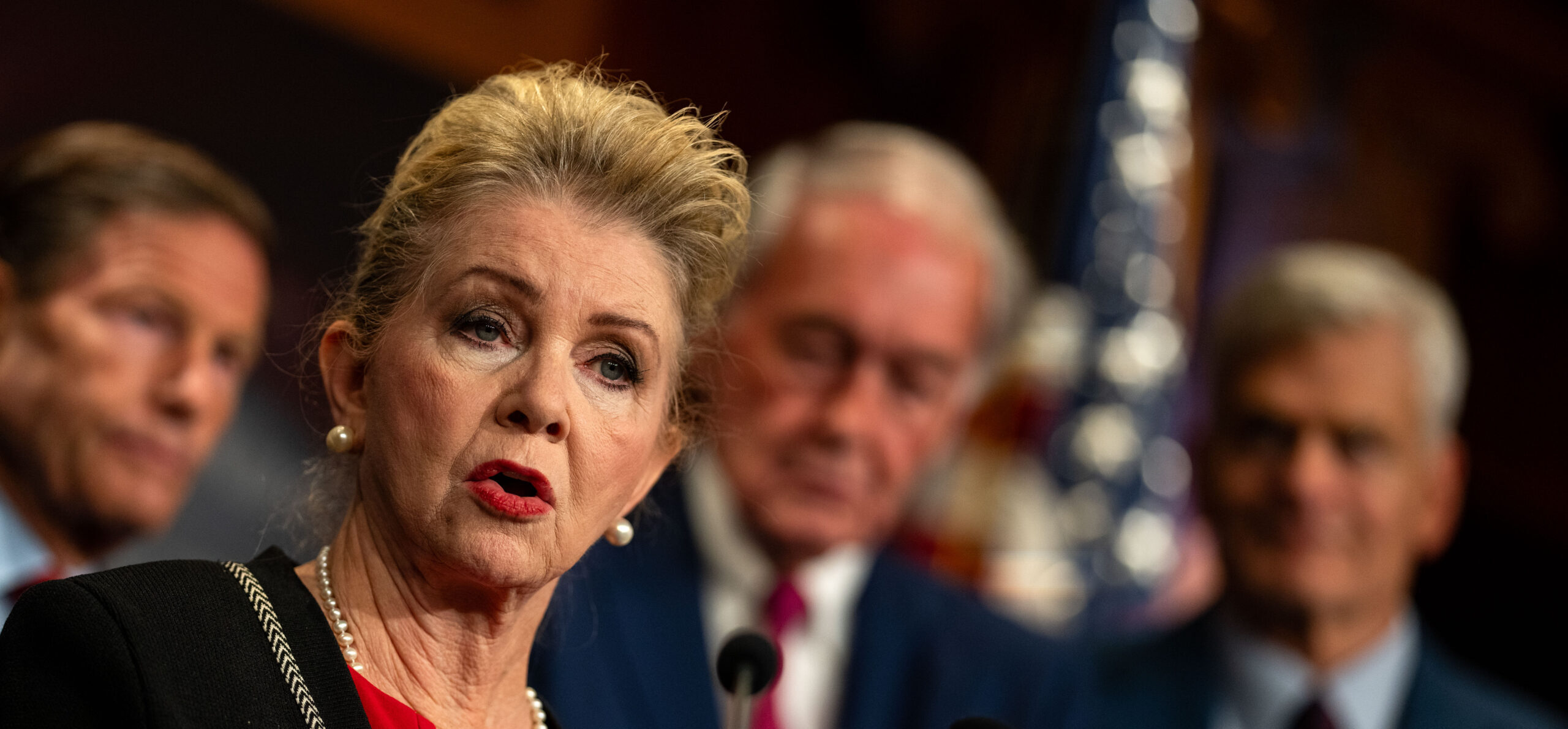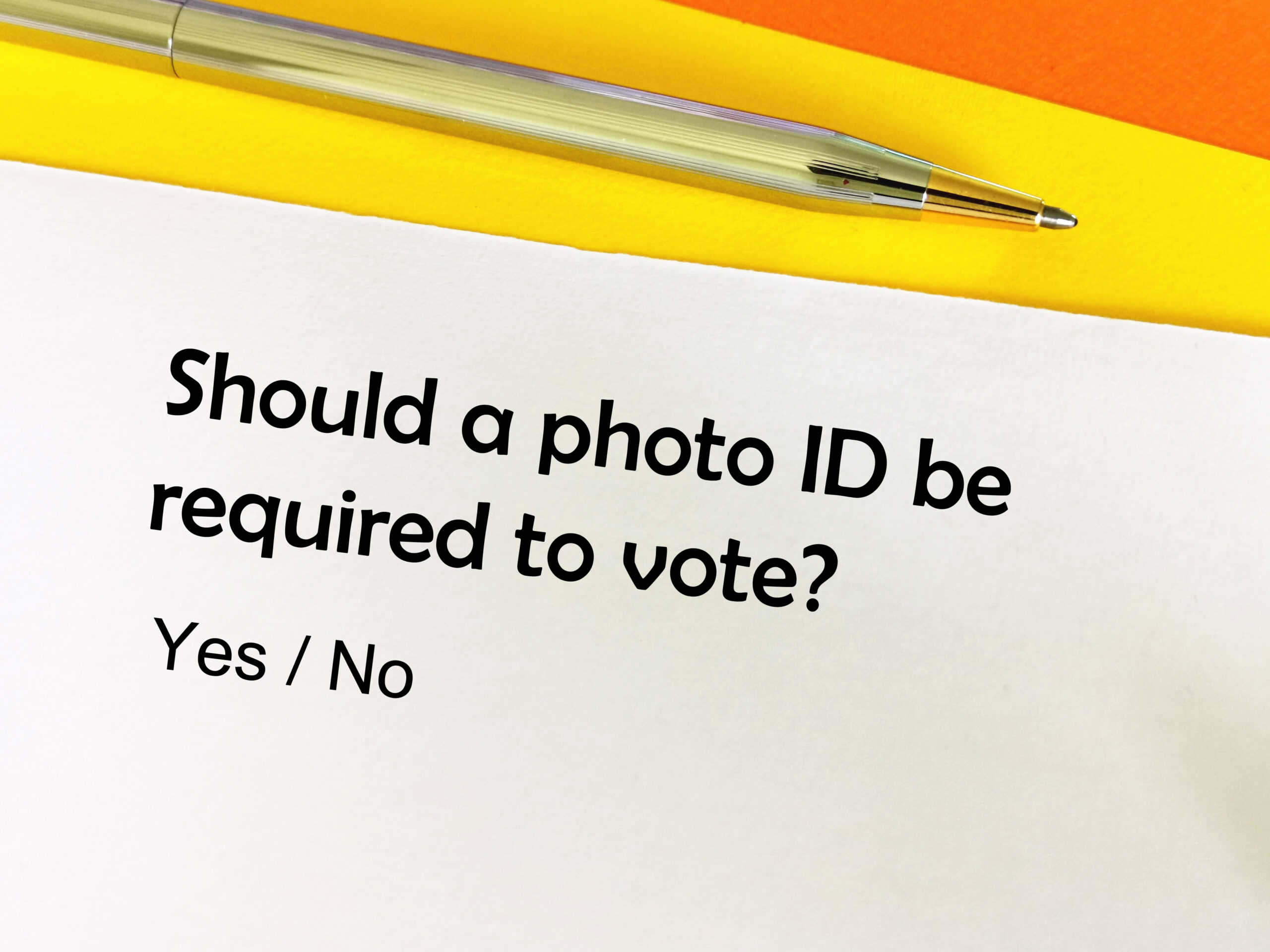Kid’s Online Safety Act – What It Is and Why It’s a Big Deal

Congress could pass landmark social media regulations in as little as a month, pending the House of Representatives’ vote on the Kids Online Safety Act (KOSA).
The bill, which the Senate passed in a near-unanimous 91-3 vote on July 30, would expand online child safety protections and regulate how online platforms interact with minors. It’s the first online child protection bill to pass the chamber since the Children’s Online Privacy Protection Act (COPPA) in 1998.
Supporters laud KOSA for curtailing some of social media’s most addictive and dangerous features. Critics say it’s a regulatory and privacy nightmare waiting to happen.
There are pro-family advocates on both sides.
KOSA aims to reduce the harms minors experience after spending too much time online, including mental illness, addiction-adjacent behavior, physical and cyberbullying, sexual exploitation and abuse, and financial harms. The bill primarily applies to social media platforms, though some interactive gaming platforms could also be affected.
KOSA requires affected platforms offer a set of default safeguards for minors’ accounts:
- Limiting who can communicate with the minor or view their profile.
- Stopping other entities from viewing and tracking minors’ data.
- Limiting addictive features like infinite scrolling, auto-play and rewards for spending time on the platform.
- Limiting personalized recommendation systems by organizing content chronologically or limiting the types of content that are suggested.
- Restricting location sharing and notifying the user if their location is being tracked.
These settings help keep kids from accidentally stumbling into something inappropriate, but they don’t hide inappropriate results if kids search for them. That’s why KOSA also requires platforms create tools allowing parents to:
- Manage a minor’s privacy and account settings.
- Restrict the minor’s ability to purchase or engage in other financial transactions.
- View and limit how much time a minor can spend on the platform.
KOSA includes revisions to COPPA, a law preventing online companies from collecting some kinds of personal data from children without permission. The revisions expand the kinds of companies that must follow COPPA and the kinds of data that can’t be collected without permission. In practice, it would require social media companies to obtain parental consent for a child under 13 years old to begin using their service.
KOSA also requires an increased degree of transparency from affected companies. Platforms would have to:
- Warn parents and minors about the potential dangers of using their services.
- Clearly disclose marketing and advertising content.
- Explain how they create personal recommendation algorithms — and allow users to opt out.
Affected platforms would also have to set up a reporting system for parents, children and schools to alert the company if their safety tools aren’t working.
Companies could be sued by state attorneys general if they fail to comply with KOSA. The bill charges the Federal Trade Commission (FTC) with determining what compliance would look like — and what kinds of conduct could get a business sued.
The FTC would also be allowed to investigate KOSA violations as “unfair or deceptive business practices.”
KOSA does more than impose regulations on social media companies — it creates a federal system to determine and enforce the requirements.
It requires affected platforms to comply with an annual third-party audit to determine if — and how — it harmed minors. The findings would be released in a mandatory transparency report.
KOSA creates a Kids Online Safety Council, which would consult with the FTC to create compliance guidelines for affected companies.
It commissions no less than five national studies on the ways social media harms minors. The Kids Online Safety Council would help design these projects.
With an apparent eye toward future age verification systems built into smart devices, KOSA also commissions a study on the plausibility and impact of age verification at the device level.
Michael Toscano, executive director of the Institute for Family Studies, puts the problem in perspective:
Toscano blames this lack of regulation for the sneaky and addictive tactics social media companies use to hook kids. KOSA, he argues, will help break social media’s hold.
Senator Marsha Blackburn, one of KOSA’s authors, argues the legislation will “[help save countless innocent lives from being harmed online.
Parents whose children have suffered, and even died, from social media-related harms agree, welcoming KOSA as a way to force companies like Meta to take responsibility for their young users.
Perhaps unexpectedly, technology giants like X, Snap and Microsoft also support KOSA as a “necessary step in regulating tech companies … and protecting children from dangerous online content.”
Critics say the bill gives the government the power to determine what kinds of content are safe for kids. People on both sides of the political spectrum worry censorship could obscure information about important issues like abortion. In an X post explaining why he voted against KOSA, Senator Mike Lee from Utah wrote,
Senator Rand Paul joined Lee in voting against the bill, telling The New York Post,
Others worry about KOSA’s apparent support of age verification technology, which detractors claim violates user privacy.
Some tech companies stand by the age-old argument that third-party host platforms shouldn’t be held responsible for the content people post.
Senator Richard Blumenthal, one of KOSA’s authors, argues the bill doesn’t change social media company’s responsibility for inappropriate content — only for their business practices.
“[We’re making] social media platforms accountable for the harms they’ve caused with the product design and business decisions they’ve made,” he explains.
Blumenthal and Blackburn assuage worries about censorship on the KOSA information page, which explains that the bill doesn’t create any content regulations or give officials extra authority to prosecute people for what they post.
House Speaker Mike Johnson hasn’t committed to bringing up the bill, though he told the Verge he’s “committed to working to find a consensus in the House.” Should KOSA pass the House, President Joe Biden has all but said he will sign it. The representatives will reconvene on September 9.
Even if KOSA becomes a law, opponents could challenge it in court and stall its implementation.
Like many worthy endeavors, protecting kids online is a painstaking and controversial process. Parents and concerned citizens must exercise self-discipline and discernment — especially when the issue divides people who support families. So keep up with KOSA, do your research and don’t be afraid to join the conversation.
To learn about protecting kids in your state, contact your state Family Policy Council.
Additional Articles and Resources
Survey Finds Teens Use Social Media More Than Four Hours Per Day — Here’s What Parents Can Do
Surgeon General Recommends Warning on Social Media Platforms
Four Ways to Protect Your Kids from Bad Tech, from Social Psychologist Jonathan Haidt
Social Psychologist Finds Smartphones and Social Media Harm Kids in These Four Ways
The Harmful Effects of a Screen-Filled Culture on Kids
Florida School District Bans Cellphones, Gets Results
‘Big Tech’ Device Designs Dangerous for Kids, Research Finds
Horrifying Instagram Investigation Indicts Modern Parenting
Teen Boys Fall Prey to Financial Sextortion — Here’s What Parents Can Do
Instagram Content Restrictions Don’t Work, Tests Show
Surgeon General Recommends Warning on Social Media Platforms
The Pioneer Behind Age-Verification: Laurie Schlegel Speaks at 2024 Social Conservative Conference
ABOUT THE AUTHOR

Emily Washburn is a staff reporter for the Daily Citizen at Focus on the Family and regularly writes stories about politics and noteworthy people. She previously served as a staff reporter for Forbes Magazine, editorial assistant, and contributor for Discourse Magazine and Editor-in-Chief of the newspaper at Westmont College, where she studied communications and political science. Emily has never visited a beach she hasn’t swam at, and is happiest reading a book somewhere tropical.
Related Posts

Is it ‘Voter Suppression’ to Require Proof of Citizenship to Vote?
February 10, 2026

Education Department Celebrates National School Choice Week
January 30, 2026

New York Ends Fight to Force Nuns to Pay for Abortions
January 27, 2026

